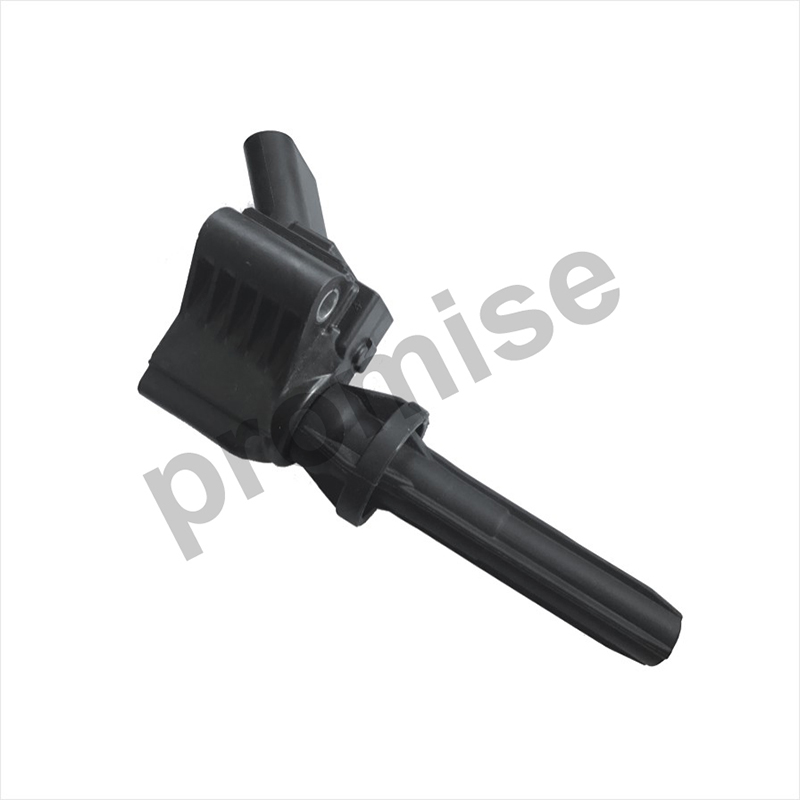An ignition coil is a small induction coil within the i […]
An ignition coil is a small induction coil within the ignition system of an automobile that converts the stored electrical voltage of the batteries to the millions of volts required to generate an electrical spark in the ignition plugs to start the engine. Because they are so small and need to be mounted close to the spark plug, they can be difficult to install. It can also be difficult to locate and replace if the ignition has been damaged or broken. That is why many cars have "cold spots" where the ignition coils have failed and the spark plugs no longer light the engine.
A cold spot is a point on the negative side of the battery power tripler, often just under the driver's seat belt loop. These points can build up as a battery is charging or just after a long time with no recharging. The ignition coil absorbs a lot of the low voltage energy from these batteries when they are not getting recharged. The coil then produces very little current to start the engine.
The value of the ignition coil also depends on the manufacturer and its design. In general, the bigger the coil, the lower the output voltage and the lower the current drawn. Each manufacturer's design has its own method for determining a good value, but there are five critical measurements that we can use to determine the primary resistance of the Ignition Coil. The first is the minimum acceptable primary resistance, which is set by the manufacturer. The second is the maximum allowable secondary resistance, which will usually be around 3500 ohms.
Ignition coil problems can also result in a check engine light. A check engine light is typically displayed when the vehicle's fuel system is experiencing problems such as excessive backfiring or when the ignition has become stuck in neutral. Many times a check engine light will illuminate first thing in the morning when you first get out of the car because the engine was smoking. The reason for this is that the check engine light is lighting first because the check engine light is actually a warning light. When the engine is smoking though, this means that something is internally wrong with the vehicle.
Spark Controllers are made up of two main components, the catalyst and the starter. Spark plugs are metal rods that contain high frequency electricity that creates a spark when an electric arc is struck by the spark coil. The electric arc is created by a variable resistor that matches the voltage and amperage on the terminals. Spark plugs also contain metal plates that contain a conductive layer that is electrically charged. The connection between the starter and the catalyst is made up of thin metallic tubes, which are connected between the starter and the spark coil on the cylinder opposite the position of the spark plug.
When a spark plug is backfiring, it is because the spark coils inside the engine are physically broken. Typically, if the vehicle is run at normal driving conditions without incident, then there is very little resistance to the electrical flow from the starter to the ignition coils. The coils will break because of thermal runaway, hot wiring or because of the wear and tear caused by constant re-birthing. Ignition coils are the weak link, if one is bad, the whole system will fail. A failed Ignition Coil leads to a failure of the entire Engine. To prevent this, always make sure that your vehicle's spark plugs, ignition and fuel lines are kept clean and free of debris.
